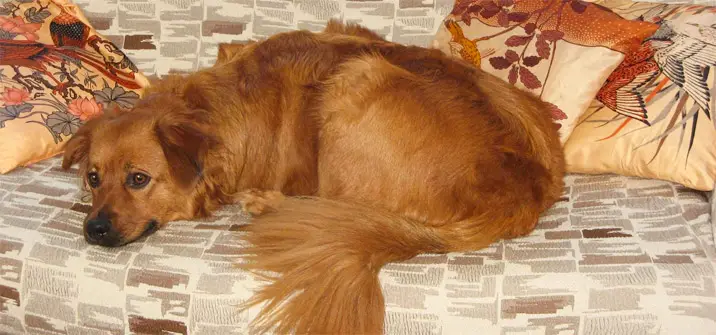The Basque Shepherd Dog is a purely breed dog that originated in the Basque region of Spain. It is traditionally used by the local shepherds for herding. They are also called Basque Sheepdog, Pastor Vasco, Euskal Artzain Txakurra, Perro de Vasco, Euskara Herder, and Chien de berger basque.
This medium sized dog with strong body requires an extensive amount of exercise to keep their energy down and avoid developing a destructive behavior. Training should be consistent, firm and challenging as they can easily get bored. Their guarding instincts are strong as they can become territorial. They are very suitable as family dogs since they are loyal, playful yet gentle which makes them good around small children and elders. This dog would be a delight in any household as long as you keep them happy and content with proper leadership.


